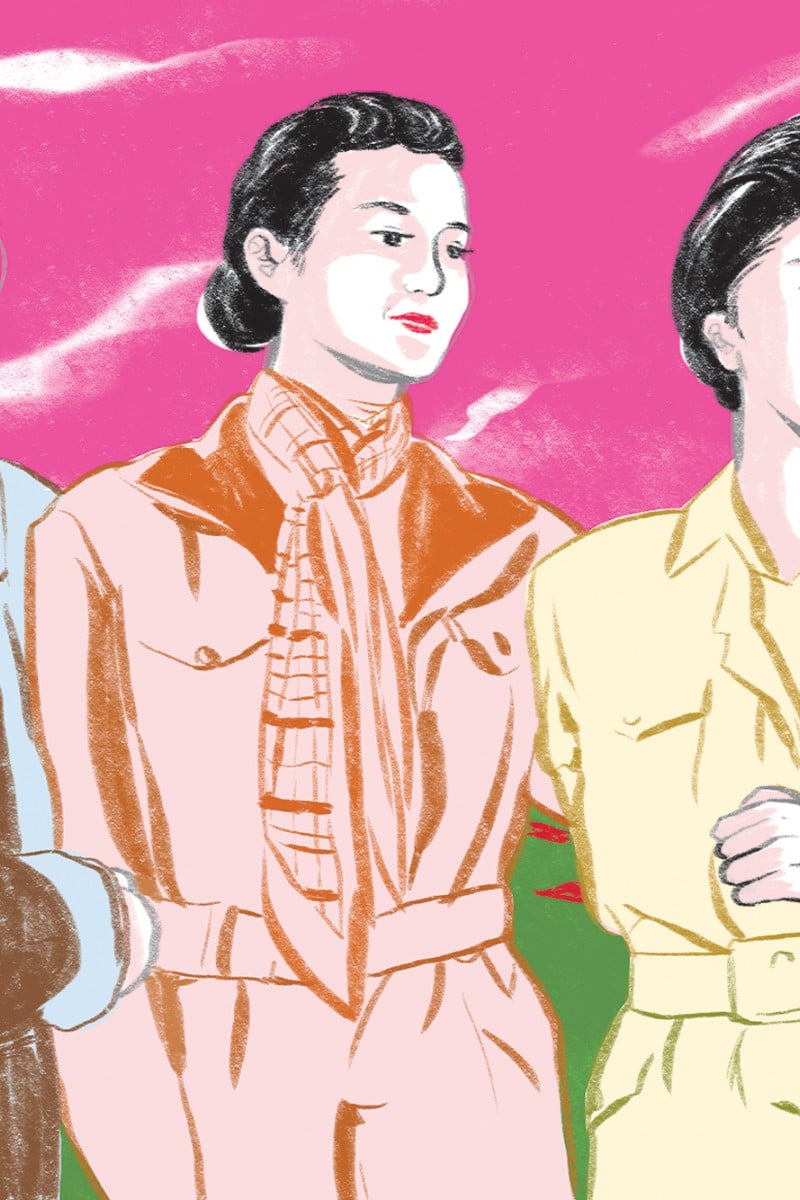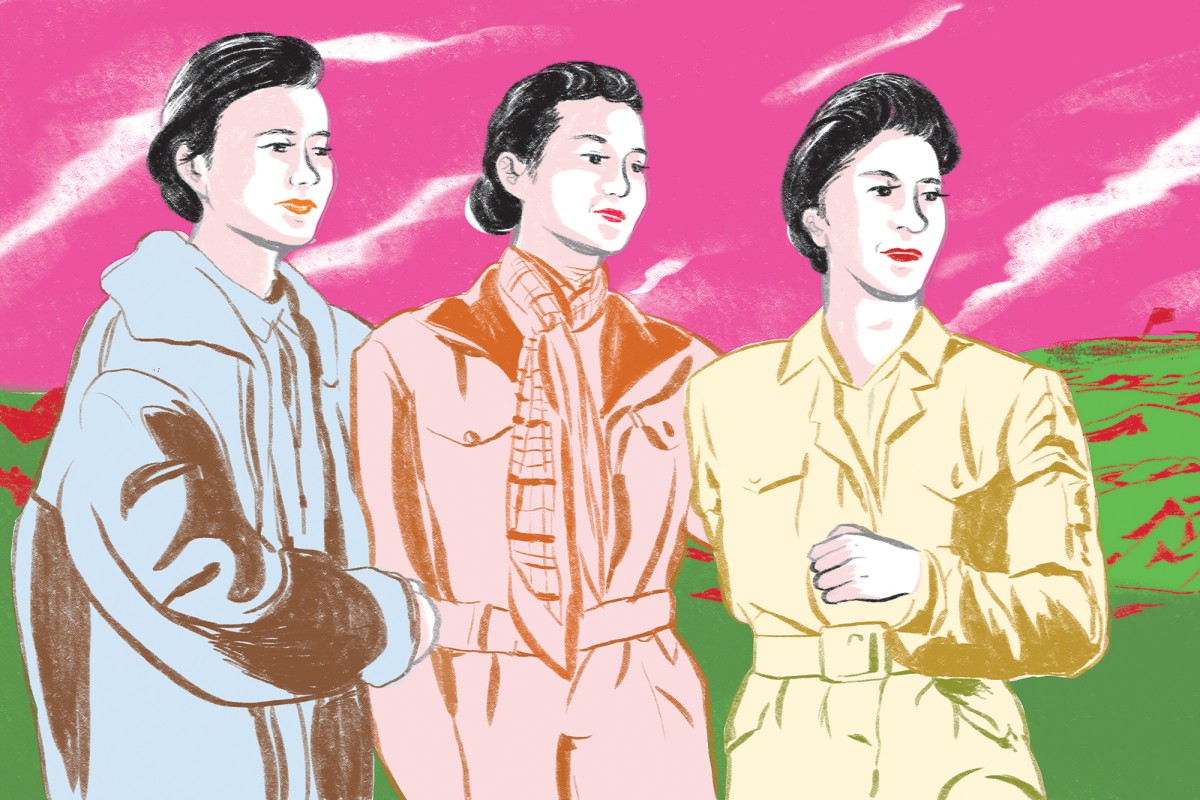
The very different Soong sisters and their roles in China's history
Three sisters, three women, who couldn't be more different but all shared one thing in common: they impacted Chinese history.

The Soong sisters were the clever daughters of Charlie Soong, an American-educated Methodist missionary in Shanghai, who made a fortune printing Chinese-language bibles. At that time, China was unsafe, so Charlie sent his daughters to Wesleyan College in the United States to finish their education.
Ai-ling (1890-1973), the eldest, was an outspoken tomboy with a talent for business. On her return to Shanghai, she worked as a secretary for Dr Sun Yat-sen, the leader of the revolution that established the Republic of China in 1911. Two years later, however, a second revolution forced the Soongs to flee to Japan, where Ai-ling married H.H. Kung, the son of a wealthy Chinese banking family. They returned to China where, by the 1930s, Kung had become its richest man. He and Ai-ling had four children.
Ai-ling was also an active supporter of Chiang Kai-shek's right-wing Kuomintang Party, while her husband held important positions in the Nationalist government. After the fall of the KMT in 1949, she and her husband moved to the US, where she continued to energetically support Chiang's cause until her death in 1973.
Ching-ling (1893-1981) was Ai-ling's opposite. She was a shy, thoughtful student with idealistic beliefs in Chinese nationalism. After Ai-ling's marriage, Ching-ling replaced her as secretary to Sun. Despite a 27-year age gap, she married him, becoming his most devoted supporter.
After Sun's death, Ching-ling was elected to the Kuomintang's central executive committee. But when the Communists were expelled from the party in 1927, she denounced its right-wing leader Chiang Kai-shek for betraying Sun's legacy, and left China.
When she returned, she was shocked to discover her younger sister May-ling had married Chiang, opening a major rift between the sisters, which was never resolved.
Ching-ling remained in China after 1949, serving as vice-chairperson of the People's Republic until 1975 and working for children's welfare and women's equality. Just two weeks before her death in 1981, she was named the first and only honorary president of the PRC.
May-ling (1898-2003) was the headstrong charmer of the family. She threw herself into her husband Chiang's political campaigns, and set up charitable organisations. At the outbreak of the Sino-Japanese War in 1937, she persuaded the warring factions in China to unite, and for a time, she and her sisters worked together for Chinese liberation.
But after the Japanese surrender in 1945, the Communists and the KMT resumed their civil war, with Ching-ling siding with the former and her sisters with the latter. In 1949, when Mao Zedong established the People's Republic of China, Chiang and May-ling fled to Taiwan, where Chiang set up his military government. May-ling continued to play a major role in international affairs until Chiang's death in 1975. She died in New York in 2003 at the ripe old age of 106.
Mao famously said of the sisters: "One loved money, one loved power and one loved her country". You decide who was which!
- Ai-ling's English name was Nancy; Ching-ling's was Rosamonde; and May-ling's was ... May-ling!
- The sisters were the subjects of a 1997 Hong Kong film with Michelle Yeoh as Ai-ling, Maggie Cheung as Ching-ling and Vivian Wu as May-ling
- Ching-ling was so excited when China's last emperor, Puyi, abdicated that she jumped on a chair in her college dorm shouting "Down with the Dragon! Up with the Republic!"
- In the late 1960s, May-ling was voted one of America's most admired women.
Sarah Brennan is the author of the best-selling Chinese Calendar Talesand Dirty Story series. Check out www.sarah-brennan.com